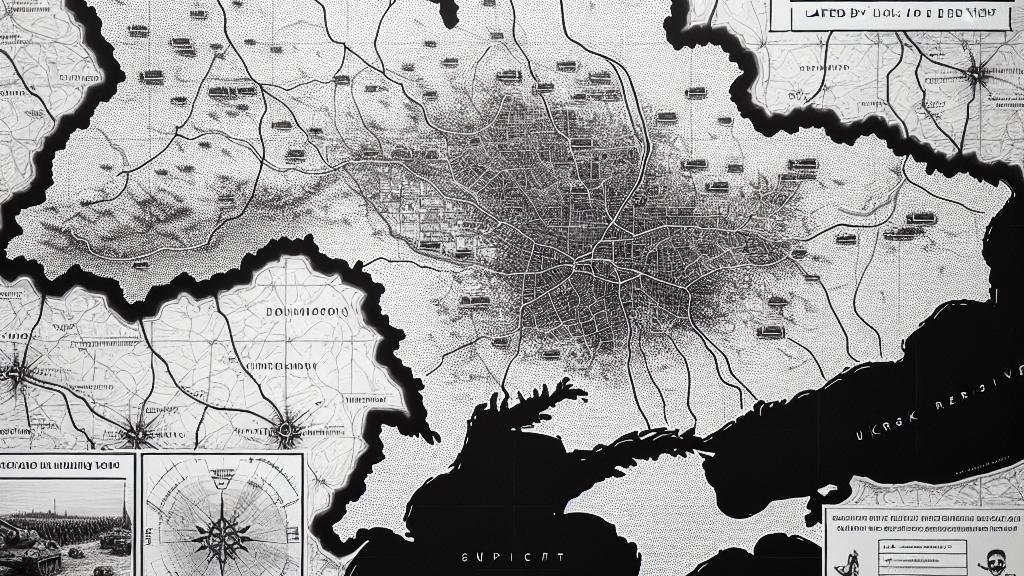The Kursk Surprise: Ukraine's Daring Gambit for a 'Just Peace'!
Overview
- Ukraine launched a remarkable military incursion into Russia's Kursk region, marking a pivotal moment in the ongoing conflict.
- The Ukrainian leadership has expressed readiness to halt military actions in exchange for a 'just peace' settlement with Russia.
- This incursion has caused mass evacuations, escalating humanitarian concerns in the region and beyond.

The Bold Kursk Offensive
On August 6, 2024, Ukraine executed a bold strategy that saw its forces cross into Russia's Kursk region, heralded as the largest foreign military incursion into Russian territory since World War II. With a swift operation, Ukrainian troops reportedly captured upward of 74 settlements, controlling around 1,000 square kilometers of land. This unexpected maneuver has sent shockwaves through Russia, leading to the evacuation of nearly 200,000 residents from bordering areas. Analysts suggest that this offensive not only aims at territorial gains but also serves to redefine the power dynamics in the ongoing conflict.
Proposing a 'Just Peace'
In the aftermath of its offensive, Ukraine's leadership emphasized a commitment to peace, asserting that they have no intentions of holding onto Russian territory. Ukrainian Foreign Ministry spokesman Georgiy Tykhy clarified that the goal of their actions is to engage in negotiations for a 'just peace.' President Volodymyr Zelensky and military commanders view the Kursk incursion as not merely a tactical operation but as a leverage point for future peace talks. They hope to secure favorable terms that prioritize the protection and safety of Ukrainian citizens, in sharp contrast to Russia’s annexation tactics and military aggression.
International Response and Future Considerations
The international community is closely observing this significant development, with implications for the future of both military and diplomatic relations in the region. Experts are debating the potential impacts of Ukraine's audacious move, questioning if it will compel Russia to reconsider its strategy or alter its military posture. Putin's government has characterized the incursion as a serious provocation, indicating a likelihood of intensified conflict. Ultimately, the outcomes of the Kursk offensive may play a crucial role in shaping the negotiation landscape, influencing prospects for a ceasefire and determining the broader path forward in resolving the conflict.

Loading...